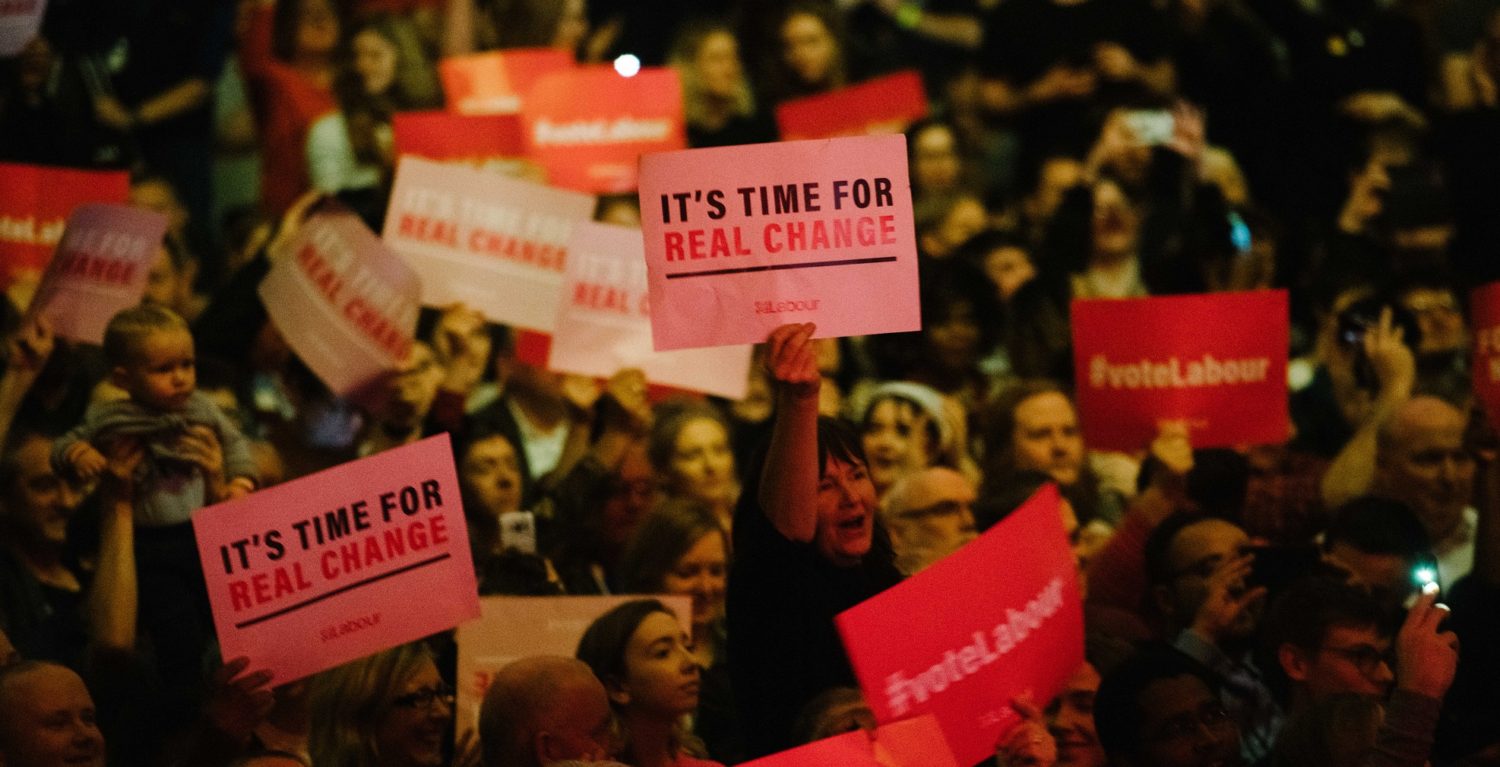For the women
Labour has put forward a welcome comprehensive mental health approach for the country – but there's still more to be done for women, writes Cecily Holt.
At the Labour party conference this year, a mental health strategy was passed which incorporated the Caerphilly Strategy – a comprehensive set of policies aimed at preventing male suicide. This is understandable when you consider that one in six young men die in the UK through suicide.
The strategy will hugely benefit women too, and with its dedication to 24/7 crisis care teams in every community in the UK and £2bn ringfenced funding for mental health services, Labour’s plans certainly move towards a more comprehensive mental health approach for the country. It is also undoubtable that LGBT and BAME women face significant additional social and economic challenges which impact their mental health, and Labour’s strategy makes some suggestions on how to address the discrimination they face, in and out of the NHS.
Despite this, there was a missed opportunity at conference to acknowledge a growing mental health crisis amongst women. While suicides among women thankfully remain low, this fact should not mask over the worrying trend that suicides in females aged between 10 to 24 have risen by 83 per cent in six years.
Suicide statistics are not always a good indicator of where a problem may lie either – but there are troubling statistics in other areas. For instance, women are 71 per cent more likely than men to be hospitalised for intentional self-harm. Women are also disproportionately represented in conditions such as eating disorders, post-traumatic stress disorder and emotionally unstable personality disorder.
In light of these trends, it’s only right that we pause to focus on what could be stimulating poor mental health amongst women.
Marking which issues are specifically “women’s issues” can be difficult when you consider the breadth of individual experiences women have. However, there are structural reasons for women’s poor mental health which need to be acknowledged.
Sexism in society is something that women experience daily. Through our institutions; at work; at home; on the street from strangers – we know that women are repeatedly put through unjust and stressful situations solely because of their gender. A recent study by UCL found that women who reported discrimination were three times more likely to report clinical depression, and were more likely to develop poorer mental health. The study cited the ‘wear and tear’ impact of sexism as a factor behind this. It is crucial that there is catered support for women within mental health services which acknowledges this pattern.
This discrimination is twofold on women from minority backgrounds, who have to endure both sexism and racism which consequently impacts their mental health. Suicides among middle aged black African, black Caribbean and South Asian women are higher than their white counterparts; older South Asian women in particular have recently been identified as a risk group for suicide in English and Welsh communities.
The ‘wear and tear’ of sexism only intensifies when considering women who live in extreme circumstances such as domestic abuse and sexual violence. It is believed about 38 per cent of women who have mental health issues have also suffered domestic abuse. Sexual exploitation and violence is another form of abuse where women are commonly vicitimised, and can lead to devastating mental health impacts.
Despite this, mental health services do not routinely check whether a patient has experience of domestic violence or abuse, despite National Institute for Health and Care Excellence guidelines recommending they do so. As well as failing to recognise ongoing abuse, not understanding the trauma that women may have faced makes it difficult for practitioners to fully understand what their patients are going through. At the extreme end, the Women’s Mental Health Taskforce heard accounts from women in mental health wards who witnessed or experienced physical restraint in a manner that risks retraumatising already vulnerable women.
The issues touched on in this piece barely skim the surface of the problems that women face. There are a wealth more race, class, sexuality and disability-based factors which can impact women’s mental health. Labour’s approach to mental health needs to include a far more in-depth look into the causes of women’s mental health and the experiences they face during crises and inside NHS care.
No one is suggesting the focus on the mental health of young men is not sorely needed; indeed it is to be welcomed. But that recognition – that some demographic groups require targeted mental health policies – needs to be applied to women too.
The UK government have put forward a strategy focusing on women’s mental health, but at this point no action has been taken to implement the recommendations. As we gear up for a general election, there is a huge opportunity for Labour to formally acknowledge a growing crisis amongst women within our mental health strategy, and take action that will better the lives of many.
Photo credit: Jeremy Corbyn/Flickr

